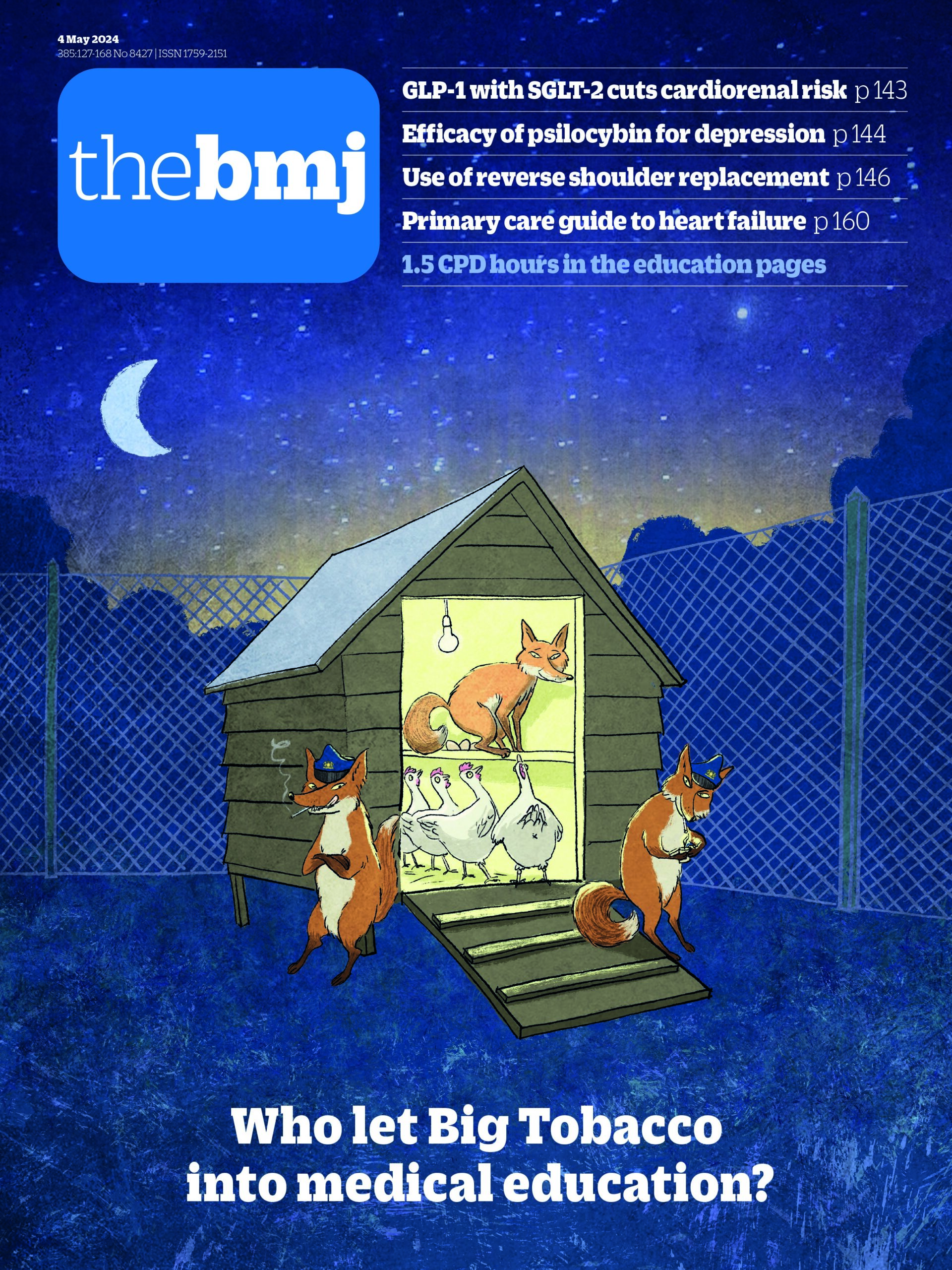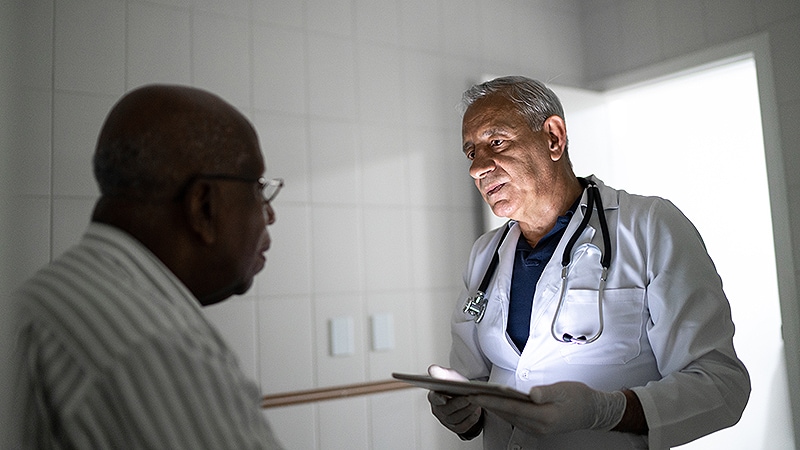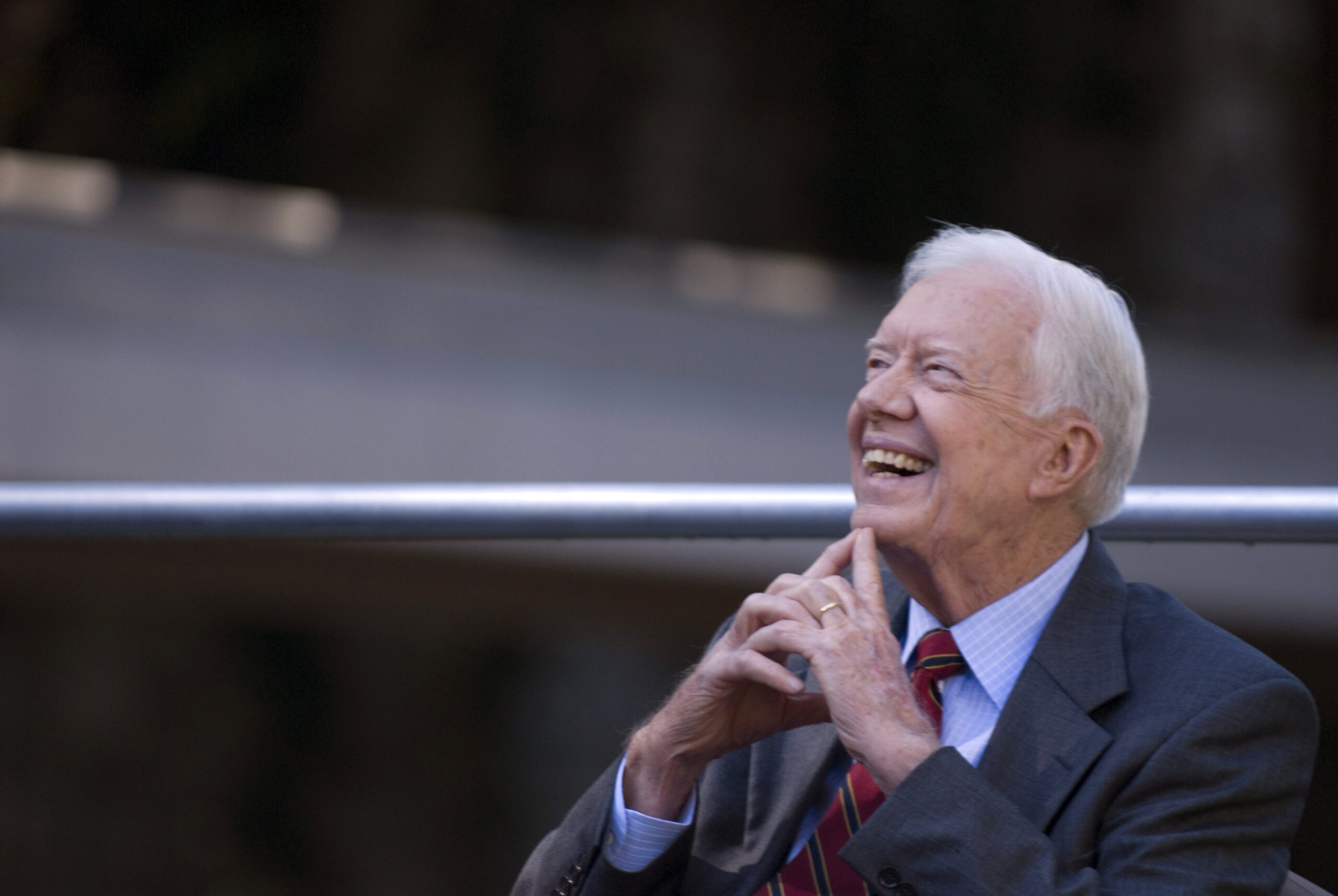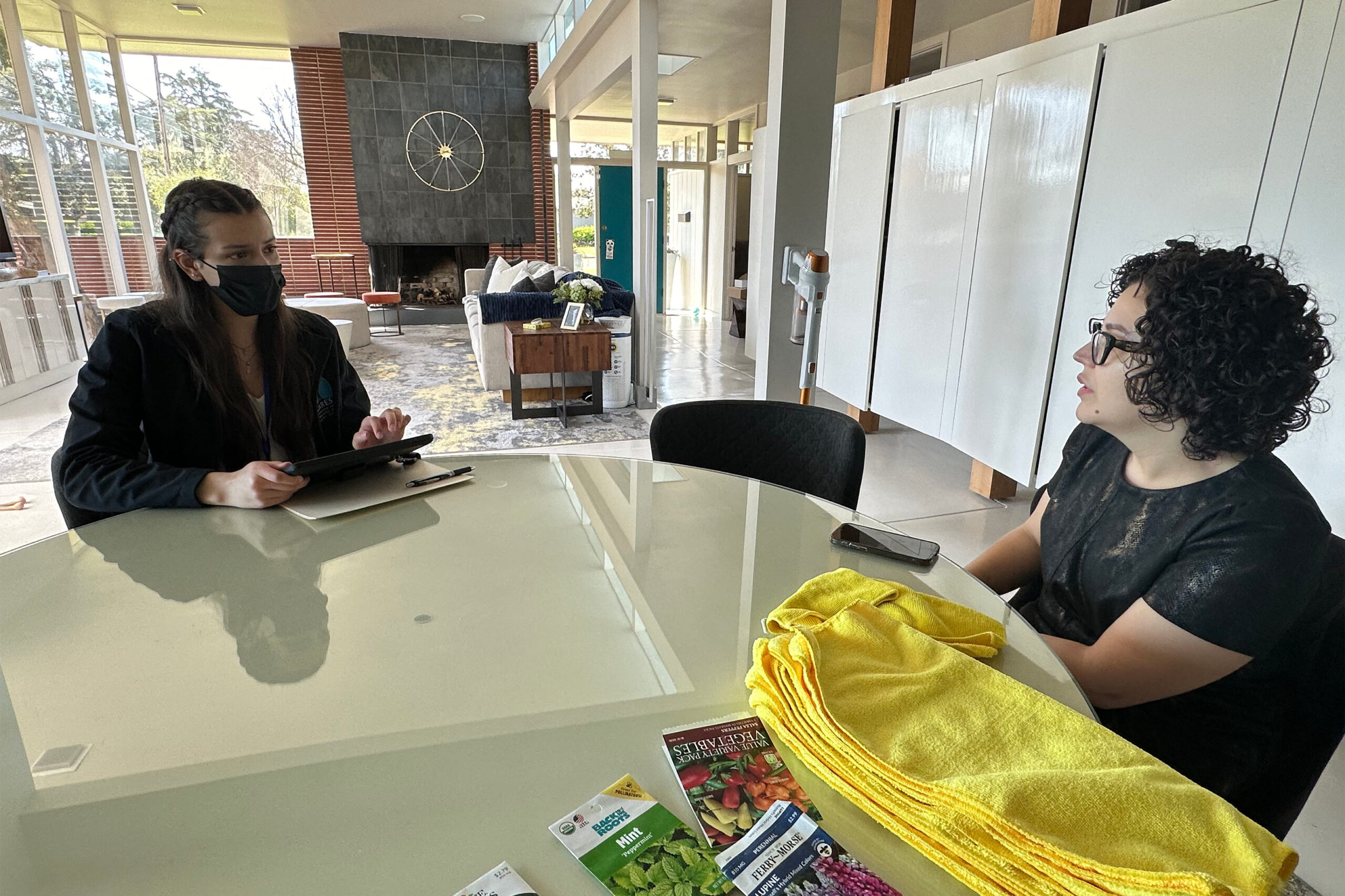- Éabha Lynn, BMJ editorial scholar
One of my favourite poemsis “Hope” is the Thing with Feathers, by Emily Dickinson. I discovered it at age 16, when medical school was still a distant dream and my biggest aim was to get through GCSE exams.
The poem likens hope to a bird: “And sore must be the storm – That could abash the little Bird.” You don’t have to look far to find headlines likening the compounding crises in the NHS to a perfect storm—and one that could abash the hopes of medical students and early career doctors. The Sharp Scratch podcast investigated some reasons to be hopeful, with expert guest Anna Baverstock, a consultant paediatrician and wellbeing lead. The episode provided some long overdue catharsis—an opportunity for me to unpack why I, and for the many patients I encounter, feel so hopeful for the future of medicine while often feeling hopeless and helpless when it comes to my own career.
Another episode of the podcast explored grief. April is a difficult month for my own sense of grief, so recording and listening to this episode offered some emotional release as I make sense of my experiences while learning how to be a doctor—a career that goes hand in hand with loss. For this episode, we were joined by medical oncologist and vice president for Wales at the Royal College of Physicians, Hilary Williams, who shared her insights and expertise from a career of navigating her own grief, alongside her grief for and with patients and colleagues.
April saw the publication of a paper on stewardship of the NHS workforce as part of the BMJ Commission on the Future of the NHS. Sitting on the cusp of my return to medical school after a year at The BMJ, I worry about what a future as an NHS doctor might look like. Will I be able to be a doctor with a family life? Will I feel safe to speak up about the things that concern me at work? Reading the recommendations put forward by commissioners was extremely validating. They proposed existential changes to the working lives of doctors, from radical reform to human resources processes to the small but mighty suggestion of protecting access to food and car parking for NHS staff. In an interview for one of April’s BMJ podcasts, Matt Morgan, professor of intensive care medicine and columnist for The BMJ, observed that “beds don’t care for patients, people care for patients” and that the future of the NHS depends on its workforce.
In a curious contrast to cautious optimism about the future of the NHS workforce, this month BMJ Student highlighted the experiences of those medical students who have been allocated to so called “placeholder jobs.” These incoming foundation year 1 doctors have not yet been told where they will be working in August or in which jobs, with some expecting just three weeks’ notice before starting their careers as clinicians. These exclusionary processes within medicine are not limited to workforce planning either—this month medical student Chloe Milton argued that medicine is designed for right handed people. Perhaps ambidexterity within systems would benefit all—both left handed trainees and their patients, and perhaps this idea of being flexible to change and open to difference more broadly might help secure the future of the NHS.
This month, our education section shone a light on alternative pathways to clinical research, helping to demystify a much sought after, and increasingly necessary, career path for early career doctors. Perhaps it was my naivety, but I always believed costly postgraduate and doctoral studies would be necessary to pursue a career in clinical academia. It is comforting to know that varied resources, from e-learning to local mentorship, exist to encourage early and mid-career doctors into these jobs too.
Footnotes
-
Competing interests: EL is a medical student enrolled at Lancaster University 2019-26.
-
You can now receive our monthly BMJ Student round-up by email. Sign up here.










